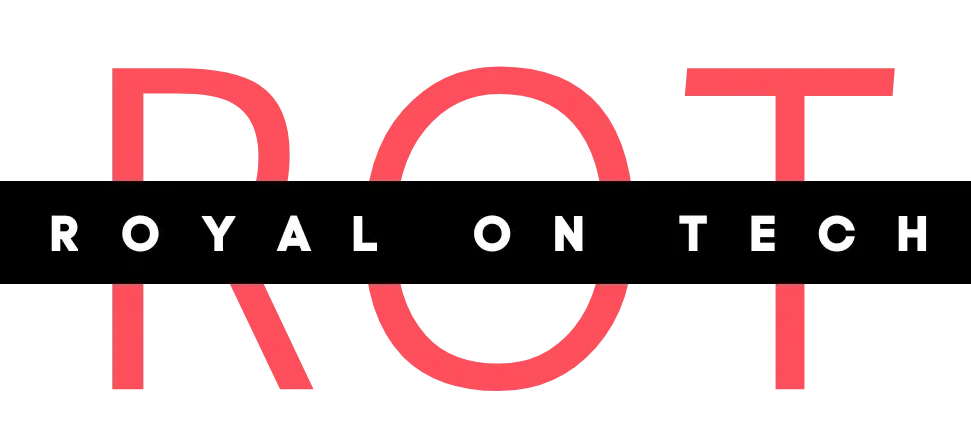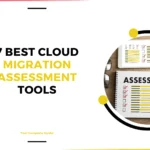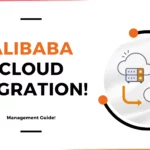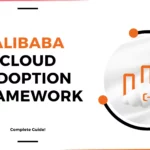For More Info!
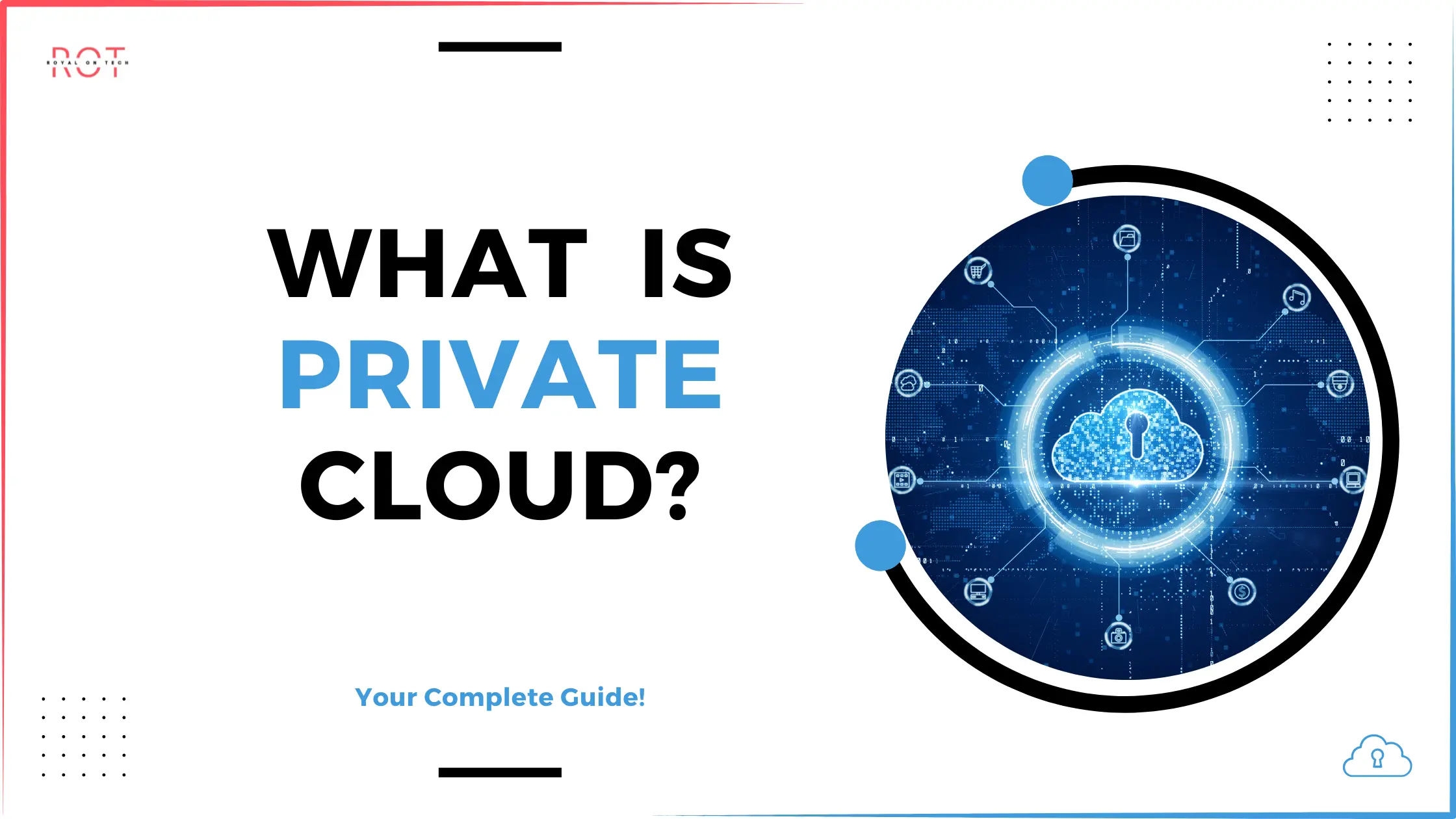
Understanding Private Cloud Computing: A Comprehensive Guide
In today’s digital era, cloud computing has transformed how businesses manage IT resources.
Among the cloud deployment models, the private cloud stands out for its tailored approach to organizational needs.
Here’s an in-depth look at what a private cloud is, its differences from public and hybrid clouds, benefits, and operational mechanisms.
What is a Private Cloud?
A private cloud is a dedicated cloud computing environment exclusively used by a single organization.
Unlike public clouds shared among multiple users, a private cloud ensures all computing resources such as CPU power, storage, and applications are securely maintained within the organization’s own data center.
This setup provides enhanced control, security, and customization capabilities over IT infrastructure.
Key Differences Between Private, Public, and Hybrid Clouds
- Public Cloud: Managed by third-party providers like AWS or Azure, public clouds offer scalable and on-demand computing resources over the internet. They are cost-efficient and versatile but lack the control and security customization of private clouds.
- Hybrid Cloud: Combines elements of private and public clouds, allowing organizations to integrate applications across environments. It leverages the security of private clouds for sensitive data while utilizing public clouds for scalable computing power.
Why Choose a Private Cloud?
Organizations opt for private clouds to meet specific needs such as stringent security requirements, regulatory compliance, or specialized workloads requiring dedicated resources.
By maintaining full control over infrastructure, businesses can tailor environments precisely to their operational requirements, ensuring optimal performance and data privacy.
Benefits of a Private Cloud
- Enhanced Security: Complete control minimizes security risks associated with shared resources in public environments.
- Customization and Control: Organizations dictate hardware, software, and configurations, aligning IT resources precisely with business needs.
- Compliance: Ideal for industries with strict regulatory requirements where data sovereignty and compliance are critical.
- Reliability: Dedicated resources reduce performance issues associated with shared infrastructure, ensuring consistent service delivery.
How Does a Private Cloud Work?
Implementing a private cloud involves using technologies similar to public clouds, including:
- Virtualization: Abstracting physical resources into virtual machines or containers allows efficient resource management.
- Management Software: Centralized tools automate provisioning, monitoring, and compliance across the private cloud infrastructure.
- Automation: Streamlining operations through automation accelerates deployment, scaling, and maintenance of IT resources.
Future Trends and Considerations
As cloud technologies advance, trends like DevOps, containerization (e.g., Docker, Kubernetes), and serverless computing are transforming application deployment within private cloud environments.
These innovations enhance agility, scalability, and cost-effectiveness, driving continued adoption of private cloud solutions across various industries.
Final Thoughts
While public clouds offer scalability and cost-efficiency, private clouds provide unmatched control, security, and compliance capabilities tailored to organizational needs.
Understanding these distinctions allows businesses to align cloud strategies with specific operational goals and regulatory requirements effectively.
Embracing a private cloud approach empowers organizations to innovate, scale, and secure their digital assets efficiently in today’s dynamic business landscape.
FAQs
What do you mean by private cloud?
A private cloud is a dedicated cloud environment exclusively used by one organization, offering control and security.
What is a private cloud vs public cloud?
A private cloud is dedicated to one organization, while a public cloud is shared among multiple users.
What is the best example of private cloud?
An example of a private cloud is a company’s internal data center managing all IT resources exclusively for its operations.
Is AWS a public or private cloud?
AWS is a public cloud provider, offering scalable computing resources to multiple organizations over the internet.
What is private cloud in cloud computing? Private cloud in cloud computing refers to a dedicated cloud environment exclusively used by one organization, offering control and security.
What is a private cloud example?
An example of a private cloud is a company setting up its own data center with virtualized resources solely for internal use.
What is hybrid cloud?
Hybrid cloud is a computing environment that integrates private and public cloud services, allowing data and applications to be shared between them.
Public cloud
Public cloud refers to cloud services provided over the internet by third-party providers, accessible to multiple organizations and users.
Types of private cloud
Types of private cloud include on-premises private cloud, hosted private cloud, and managed private cloud, each offering varying levels of control and management.
Private cloud vs public cloud
Private cloud is dedicated to one organization, offering enhanced security and control, while public cloud shares resources among multiple users, offering scalability and cost-efficiency.
Private cloud example in real life
A real-life example of a private cloud is a healthcare organization using a private data center to store and manage patient records securely.
Azure private cloud
Azure private cloud refers to a dedicated cloud environment built on Microsoft Azure services, offering scalable and secure computing resources tailored to an organization’s needs.
